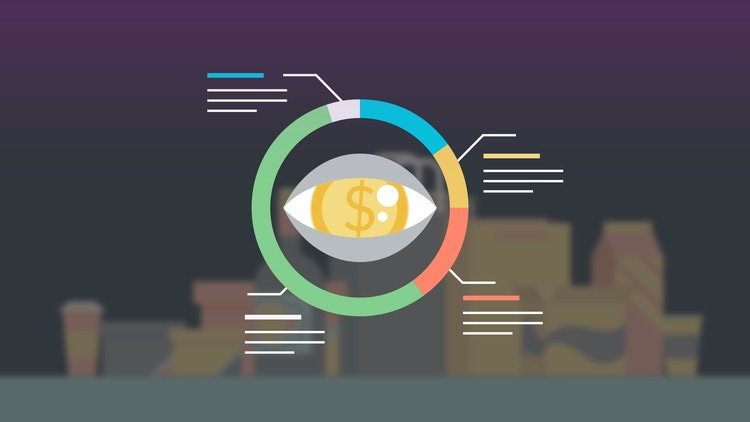Sales for software engineers
Now that most countries are getting out of lockdown, and with one of the worst recessions in recent history, surviving companies are aggressively starting to sell their products and services to save what’s left of the year and, for some, avoid bankruptcy. And this situation might prove quite challenging for tech companies led by engineers, as sales is almost always negatively connoted in technology circles, and software engineers are notoriously bad at sales. Or, are they?
Sales’ bad reputation
For 7 years, I taught a course called Sales for Software Engineers and, at the beginning of each class, I always asked the same question: “can you give me a synonym for selling?” As you can imagine, the answers were always very colourful: “lying”, “deceiving”, “manipulating”... were some of the most common synonyms for my students. It seems that, for engineers, selling is always about forcing you to buy a product you don’t want or making false promises just to make the sale.

At some point in my career, I decided to make the move from product management to sales. To be fair, I was very frustrated with the fact that I was doing most of the sales work for my products and my colleagues in sales were getting the fat commissions. I was also intrigued by how an engineer could approach sales differently. As you know, most salespeople in technology companies don’t have a tech background so I wanted to know if my technical knowledge would be a value-added in the sales process.
What I discovered is that sales is about people and it's about problem-solving. Every time I approached a prospect with the intent of pushing a new product (because management decided so), it almost never worked. Every time I tried to help my customers (with our solutions or not), I built a stronger relationship, which resulted in more sales in the long term.
This fact is becoming increasingly true in the age of information as it’s never been easier for customers (both individuals and companies) to fact-check, compare and complain about a product. That’s why in so many companies the line between sales and engineering is blurring, with the rise of new positions like developer evangelists.
What I also discovered (because of my engineering background) is that selling at scale is actually more about process than people.
The scientific approach to sales
In the “Sales Acceleration Formula”, former Hubspot’s Chief Revenue Officer Mark Roberge, explains that what made him go from 0 to over $100M in revenue, was that his background was in engineering and not in business. More specifically, if a sales organisation figured out how to sell their products in a repeatable manner, they should design a system that hires, trains and manages salespeople to replicate this exact formula. Said differently, experienced salespeople who were very successful before won’t necessarily thrive in a new organisation because the process to repeatedly sell the new product is not the same.

This scientific approach to sales has actually been backed by research. Companies that use a scientific approach to sales force effectiveness have found that sales representatives in the lower quartiles show dramatic improvement, with productivity jumps of 200%. These companies use data to better segment their customers, quantitative objectives (other than sales) to measure salespeople actions or extensive training to guarantee the same level of information within the whole team (and not just top performers).
Non-sales selling
If you’ve read this article this far, it means that there is some amount of selling involved in your job. But what if there is none? Why should engineers get interested in sales? Well because, even if you don’t realise it, you’re spending 40% of your time at work in what author Daniel Pink calls non-sales selling, which simply means moving others somehow. For example, this could mean persuading colleagues to help you with a project, convincing them of your idea, or influencing them to get on board with a particular strategy.
In summary
- Even if you’re not in sales, you spend almost half your time “selling”
- The line between sales and other departments is blurring and engineers end up in sales situations more often than not
- Sales is about problem-solving, something engineers are pretty good at
- Successful sales organisations follow a scientific approach
Additional resources
📖 To Sell Is Human: The Surprising Truth About Moving Others- a book by Daniel H. Pink
📄 The New Science of Sales Force Productivity - a Harvard Business Review article by Dianne Ledingham, Mark Kovac and Heidi Locke Simon
📼 The Sales Acceleration Formula- a talk by Mark Roberge
